All Stories
-
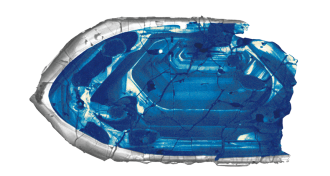 Earth
EarthAge of Earth’s crust confirmed
Decaying atoms traced in zircon uphold dating of Earth's crust at about 4.374 billion years old.
-
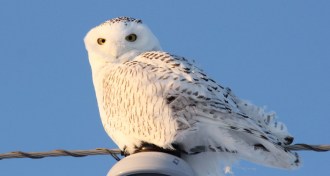 Animals
AnimalsWe’re only noticing the snowy owls
A lemming boom last summer probably led to rises in populations of several predator species.
-
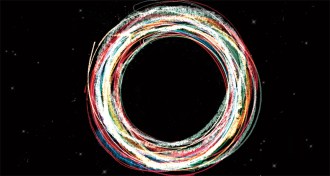 Particle Physics
Particle PhysicsCatching Particle Fever
Interspersed with the plot of Particle Fever are artful explanatory animations and commentary by six articulate physicists. Through these characters, we learn that the Higgs is a stepping stone toward a deeper understanding of the universe.
-
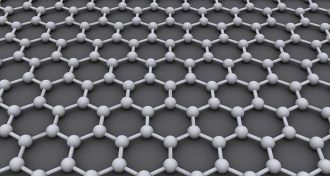 Physics
PhysicsGraphene film blocks wireless signals
A transparent film made of graphene layered with quartz absorbed 90 percent of radio waves.
-
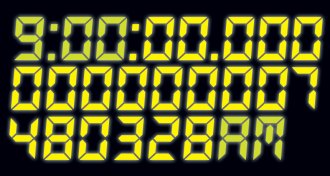 Quantum Physics
Quantum PhysicsQuantum timekeeping
Recent advances in controlling the quantum behavior of particles have inspired physicists to dream of a global clock that would tell the same time everywhere. It would be hundreds of times as accurate as current atomic clocks.
By Andrew Grant -
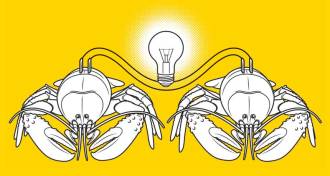 Tech
TechCreature power
Biological fuel cells that generate electricity by harnessing sugars and oxygen in the body may one day power implanted devices in humans and other animals.
By Sam Lemonick -
 Environment
EnvironmentLegionnaires’ disease bacteria lurk in tap water
Found in nearly half of faucets, contamination could explain sporadic cases of disease.
By Beth Mole -
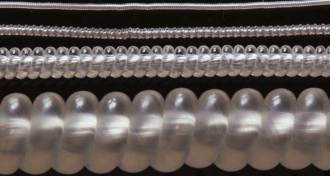 Materials Science
Materials ScienceMaking artificial muscles with a spin
Scientists have given ordinary fishing line and sewing thread a new twist. When coiled into tight corkscrews, the fibers can lift loads more than 100 times as heavy as those hefted by human muscles.
By Meghan Rosen -
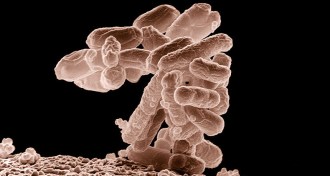 Science & Society
Science & SocietyAlternatives needed to do-it-yourself feces swaps
Three researchers are calling for the FDA to regulate feces as a human tissue rather than a drug to make it easier for doctors to perform fecal transplants.
-
 Particle Physics
Particle PhysicsMore precision added to mass estimate of electron
The electron has been weighed with unprecedented precision. Its new and improved mass is 17 times as precise as the previous best estimate.
-
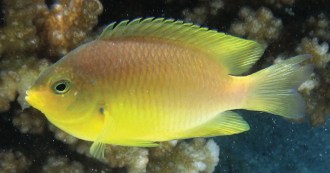 Animals
AnimalsFish lose their fear on a denuded reef
Juvenile damselfish lose their ability to smell danger when in a degraded habitat.
-
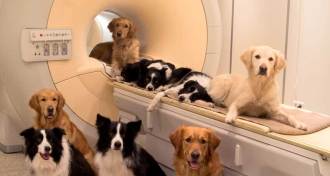 Neuroscience
NeuroscienceLike people, dogs have brain areas that respond to voices
MRI study may help explain how pups understand human communication.